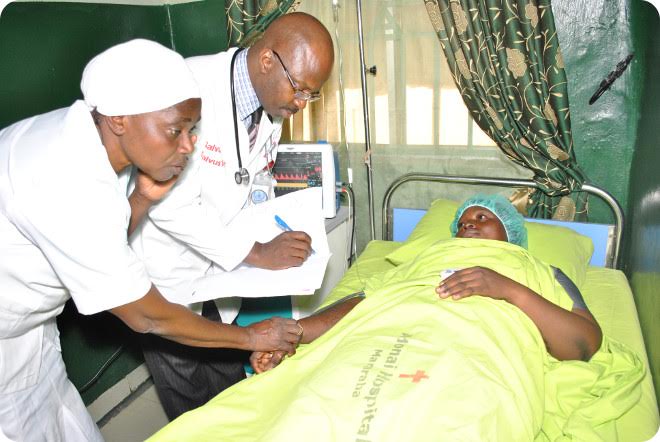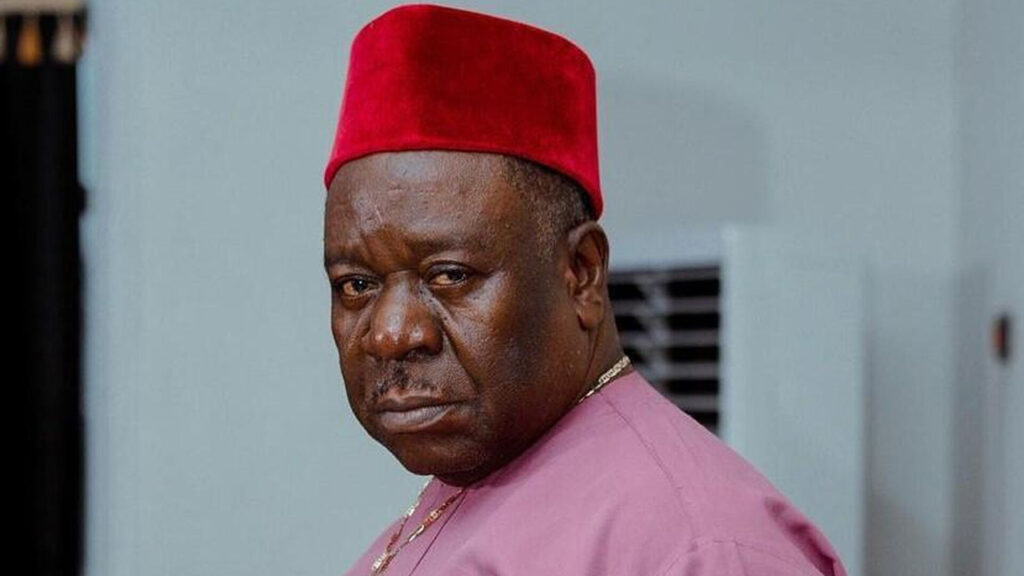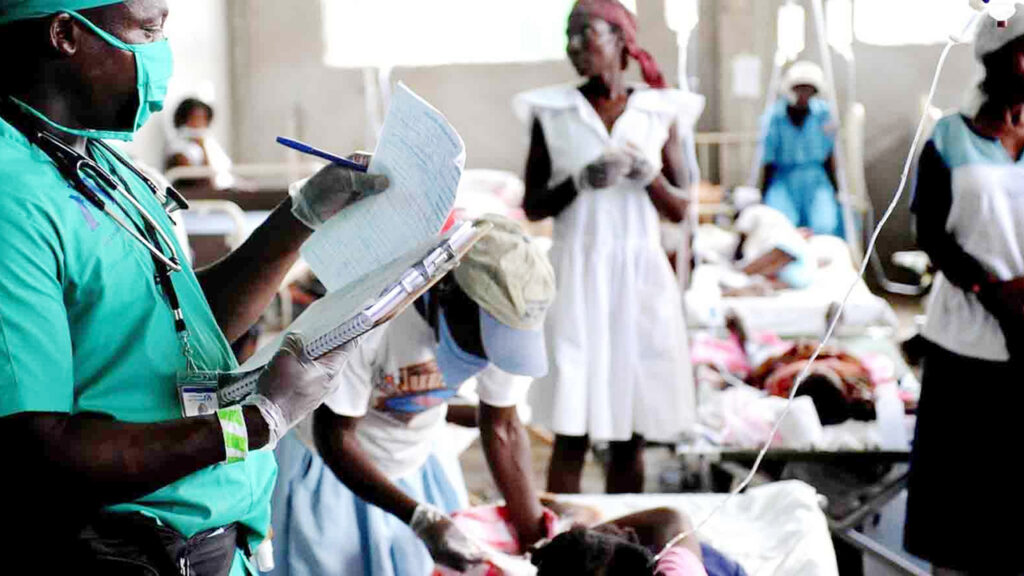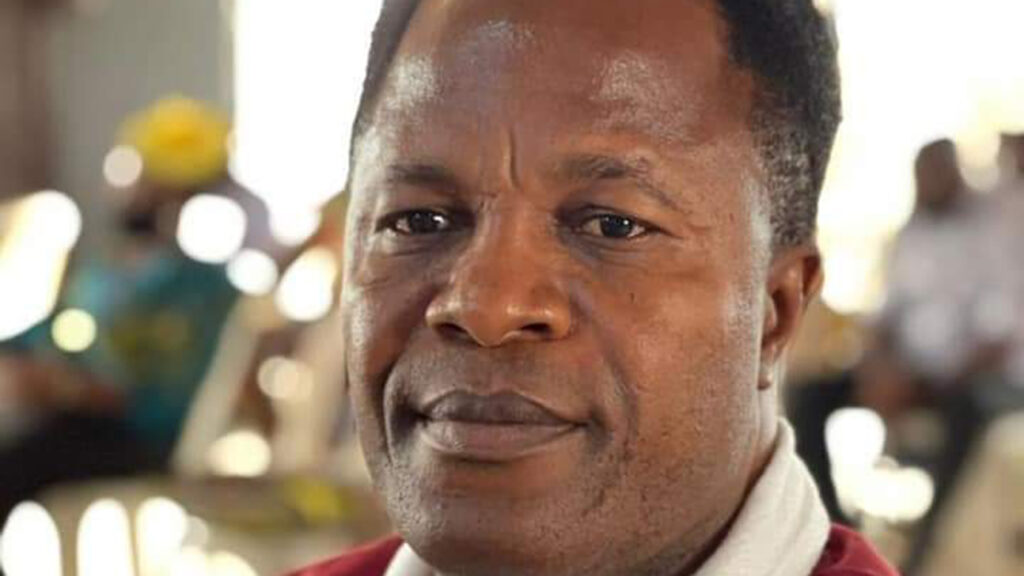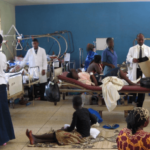
As the cost of accessing healthcare in the country keeps rising due to the economic policies of the current administration, PAUL ADUNWOKE writes that educating Nigerians about health insurance and convincing them to enroll into available schemes is the easiest way to mitigate the effects of out-of-pocket payments for drugs and medical services on individuals and families.
No doubt, the recent economic challenges in the country occasioned by the removal of petrol subsidy and the floating of the naira in the foreign exchange market has resulted in high cost of essential drugs as the Active Pharmaceutical Ingredients (API) for drugs productions are not sourced locally but imported into the country.
Thus, patients are getting more and more frustrated and stranded as they can no longer afford to buy essential drugs to manage their ailments or save their lives.
Mr. Mathew Bakare, who is looking after his sick brother at a hospital in Lagos, told The Guardian that he was amazed when he discovered that the price of a particular drug prescribed for his brother doubled within a week.
“I bought a drug for N2, 000 but when I went back to the same shop to purchase another one some days later, the price had gone up by 100 per cent. It was an unexpected increase,” he lamented.
A patient at the Lagos State University Teaching Hospital (LASUTH), Ikeja, Lagos Henry David, also said: “I used to buy three medicines prescribed to me by a doctor before but now I have reduced it to two due to the high cost of drugs.”
Unfortunately for David, he has no health insurance, which could have been of great help at a time like this. And this is the case with many Nigerians.
According to the Permanent Secretary, Lagos State Health Management Agency (LASHMA), the agency in charge of health insurance in Lagos State, Dr. Emmanuela Olutoyin Zamba, health insurance has always been there for people to adopt but they hardly do so because they don’t understand the concept.
“People do not understand the concept of paying for healthcare when you are not ill so you can save towards when you become ill. I think there is also a spiritual component to it in that some people believe it means that one is praying for sickness. So, people do not really get it right.
“I would also say that in general, governments have not really done well in terms of public awareness and I am not just talking about Lagos State considering that we have been on this health insurance journey for a long period of time. For people to change their health-seeking behaviour, you have to constantly be in their faces. I know that it’s capital intensive particularly as you have to sustain it over a period of time so the message sticks in their minds and then you can see it reflect in their behaviour,” she said.
Zamba said the agency has been trying to get people to understand the concept of health insurance in Lagos State.
“For many people, they seem to live by the mantra ‘what you do not know, you do not miss.’ Therefore, the agency is working on getting people to understand the benefits of health insurance and buy into it,” she added.
She said the benefits of health insurance are immeasurable. “For instance, someone has malaria and goes to the hospital. Before the person walks out of that hospital, he/she will likely spend a minimum of N10,000. Lagos State is telling you that you should come and pay N8,500 for a full year for only you or N40,000 for you, your wife and your children under 23 years of age. Additionally, this covers a spectrum of other benefits, not just malaria,” she added.
She explained further that the N40,000 plan covers a pregnant woman to deliver, even through caesarean section, without paying a dime extra.
“If your child needs to be admitted, it is free for 15 days. If you need to have a blood test done, it is covered. If you need to do an x-ray, it is covered.
“There are so many benefits to it. It helps you to plan your life better. You save a little amount over time. You can even pay in installments. For people in the informal sector, it may be more challenging to bring out N8,500 at once especially if they earn daily wages. So, we have a provision for them to pay in installments if they prefer so.”
Zamba disclosed that people could pay monthly or quarterly. “So, the day they need care, they can confidently walk to their provider and get care, even if they don’t have money in their pockets on that day.
The fact is that there is no comparison between health insurance and out-of-pocket payments. What you would pay for a caesarean section, which is like maybe N300,000 to N400,000, depending on which facility you go to, with N40,000, your wife will have that baby. If the child needs blood transfusion or an incubator, it will be taken care of, including drugs.”
She explained that the principle of health insurance is that everybody in the scheme pools these relatively small amounts of money together and takes from it as the need arises.
“It is not everybody that will come and take from that pool at once. However, the day you need to dip into that pool, the funds are there for you to be able to take care of yourself and your family without becoming impoverished. Then, part of the net benefit is that you can consequently focus on enjoying a higher quality of life such as finding quality schools for your kids, planning towards your retirement or buying a house.
“Most households are just one critical illness away from poverty. Health insurance is the best way to safeguard your family and ensure that all the sweat of your labour over the years is not washed down the drain simply because you didn’t plan properly for your health and those of your loved ones,” she said.
On his part, a health policy and management specialist, Dr. Laz Ude Eze, said health insurance ensures that people are able to afford quality healthcare delivery without financial difficulties.
Eze, who is the Founder, MakeOurHospitalWork Campaign, said the idea is that anybody, anywhere, anytime could get desired care for whatever health condition he or she may have such as prevention, diagnostic, curative or palliative care without borrowing money or selling one’s property.
He also explained that health insurance pools money together from individuals to manage the risk involved knowing that everybody cannot get sick at the same time.
“Therefore, it pools the resources so that those who are sick or those who may not be sick but need to go for check up for one health condition or the other can do so without financial difficulties,” he said.
He noted health insurance is important for everybody, including children.
“When children are covered by insurance, it means that whenever they fall sick they should be taken to a health facility where they can be properly diagnosed and given the appropriate treatment.”
Eze noted that where health insurance is not popular like in Nigeria, 70 per cent of healthcare expenditure such as buying drugs, paying for laboratory tests and the treatment are out-of-pocket.
“But health insurance means you would have contributed ahead of time; therefore it does not mean health insurance is entirely free because someone has to pay for it,” he added.
Eze stated that it is important to insure children, saying: “It is important because the childhood killer diseases such as diarrhea, measles, malnutrition and malaria are better prevented. In the absence of health insurance, many people cannot afford the treatment because the majority of Nigerians are living in extreme poverty.
“When they cannot be able to pay they would not get healthcare on time. That is the reason many people go to prayer homes seeking alternatives, which in many cases do not work well and might lead to the death of the child. So, health insurance is very crucial in reducing childhood mortality or death of children.”
Biomedical Scientist and Executive Director, Block Malaria Africa Initiative, Dr. Odinaka Kingsley Obeta, said health insurance is pivotal to reducing child mortality as it facilitates access to essential healthcare services, including early diagnosis and treatment of preventable diseases such as malaria.
He said children often face greater vulnerability to illnesses, especially malaria, due to their developing immune systems, making timely access to healthcare crucial for their survival.
“Health insurance not only covers a wide range of medical expenses from routine check-ups to emergency treatments, but also ensures that families irrespective of social status are not financially burdened when seeking medical attention for their children.
“Health insurance often includes preventive care such as vaccinations and provision of LLIT nets, which are particularly effective in combating malaria, thus reducing the incidence of the disease among children who form the vulnerable population of the disease,” he said.
Obeta said non-governmental organisations (NGOs) play a critical role in supporting and promoting health insurance schemes, especially in low-resource settings in a growing population like Nigeria.
He stated that as a public health practitioner working to promote health outcomes at community level, he had seen NGOs advocate for policies that prioritise children’s health within the broader healthcare agenda, ensuring that government initiatives and funding are directed towards improving access to healthcare services for children.
“I have also seen NGOs provide some financial support for premium subsidies, making health insurance more affordable for their workers and families within reach of their programmes. This enrollment further supports the agenda of the Nigerian Health Insurance Authority (NHIA) to ensure that all Nigerians have equitable access to quality healthcare,” he noted.
Obeta disclosed that through community outreach programmes, NGOs could educate families about the importance of health insurance coverage, dispel myths and misconceptions and encourage enrollment in affordable insurance plans tailored to children’s needs especially when the service is available at the primary healthcare level.
“Personally, I’m of the opinion that access to quality and affordable healthcare is a human right and should be treated as such. I also believe that when it comes to promoting access to health, the government cannot do it alone and must rely on a public-private partnership especially for a large country like Nigeria.”

He further explained that private institutions, including insurance companies, hospitals, private businesses and companies, have a significant role to play in expanding health insurance coverage for children.
“By partnering with healthcare providers, private institutions can commit to investing in health technology and innovation to help streamline administrative processes, making health insurance more efficient and affordable for families at all levels. This is even more feasible for communities hosting some of the successful private businesses and companies we have in the country,” he added.
Obeta noted that private healthcare institutions could also support by making health insurance services available and affordable for individuals who patronise their services. He noted that by doing so, the burden is not only reduced on government-owned facilities but also more services are made available to cover Nigeria’s growing population.
He also stated that market leaders and labour unions have a major role to play in influencing and shaping the landscape of health insurance coverage in Nigeria, but regretted that it is almost as though they have no idea of the power they possess as unions.
According to him, market leaders and labour unions have the ability to set industry standards for coverage, ensuring that insurance plans provide comprehensive benefits for children, including preventive services, regular check-ups and treatment for common childhood illnesses like malaria.
“Through advocacy and collaboration with elected leaders in their communities, market leaders can advocate for regulatory reforms that promote universal health coverage and remove barriers to insurance enrollment.
“Additionally, they can leverage their resources and expertise to educate their members about the importance of health insurance and encourage participation in insurance programmes aimed at improving health outcomes.
“In 1999, the NHIS was established to ensure that Nigerians access quality healthcare at an affordable rate. Today, we have the NHIA established under an act enacted in 2022 with a mandate to attain Universal Health Coverage (UHC) in Nigeria by 2030. As we speak, millions of Nigerians have little or no knowledge of the NHIS and don’t know of the recent upgrade to NHIA. I think my advice to all Nigerians will come in two parts.
“The government needs to carry out more awareness on the roles, responsibilities and benefits of the NHIA and also encourage enrollment of more Nigerians into the health insurance programme. I also encourage the NHIA to leverage the Basic Healthcare Provision Fund said to be provided by the government to get more Nigerians into the programme as the 750,000 people enrolled as of February is still far less than one per cent of the country’s population,” he advised.

Obeta observed that access to quality healthcare in Nigeria has become a conversation for the rich as cost of medications and quality diagnosis have skyrocketed exponentially.
“With affordable health insurance and increased enrollment, I believe mortality rates of preventable illnesses like malaria can be greatly reduced. But for this to happen, the people need to know of available services like the national health insurance programme before they can enrol effectively. I encourage Nigerians to key into the health insurance programme so as to reduce out-of-pocket health expenditures and ensure 24hours health access,” he said.
A Consultant Public Health Physician at the Lagos State University Teaching Hospital (LASUTH), Ikeja, Dr. Adeleke Kayode, said the major problem with health insurance is where Health Maintenance Organisations (HMOs) do not pay healthcare givers as at when due, noting that this has been discouraging healthcare providers from putting in their best.
“Some new hospitals that are coming up do not accept health insurance anymore due to lack of payment. Therefore, the government should regulate the activities of HMOs in order to put confidence in people to go into health insurance.
“Government should help enrollees to get involved to reduce the cost of healthcare delivery especially for those with terminal illness. This would reduce out-of-pocket payment,” Kayode said.
On how to reduce child mortality through health insurance, he said both private and public healthcare facilities should make sure people get value for their money by providing effectives drugs.
“Health services should be satisfactory to the enrollees,” he said.
To curb child mortality, he said health workers such as doctors, nurses and laboratory scientists should ensure proper diagnosis and treatment so that children would not die for not being treated properly.
He said pharmacists should also ensure that they provide quality drugs so that children could be treated properly with ailments they presented at hospitals.
“Laboratory scientists should ensure that quality healthcare facilities are used during diagnosis so as to reduce death of children. Parents, as primary caregivers, should ensure that children are fed with adequate nutrition that will boost the children’s immune system. If children are provided with adequate nutrition and proper diet, their bodies can be able to fight diseases. Parents should ensure personal hygiene for children, especially after using the toilet. They should wash their hands properly with soap and water to avoid germs. They should take their bath regularly to avoid skin diseases and make sure their environment is clean, prevent mosquito bites to avoid malaria and other related diseases. Parents should also ensure their children are vaccinated for polio, diphtheria, meningitis, among other ailments,” he added.
He also stated that religious leaders such as pastors and imams have a key role to play in enlightening their members on the importance of health insurance.
“It is the only way out because healthcare is not cheap anywhere; it is not good to pay out-of-pocket. Everybody is contributing and the risk is being shared; that is the essence of health insurance,” he noted.

